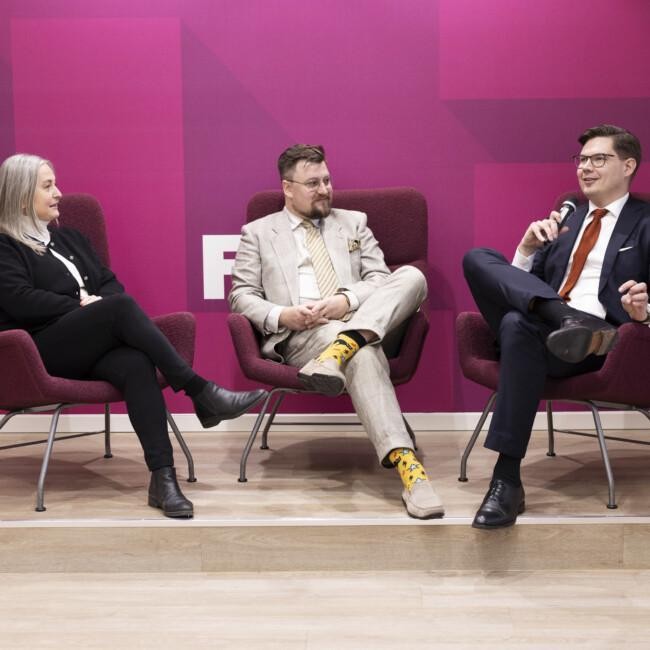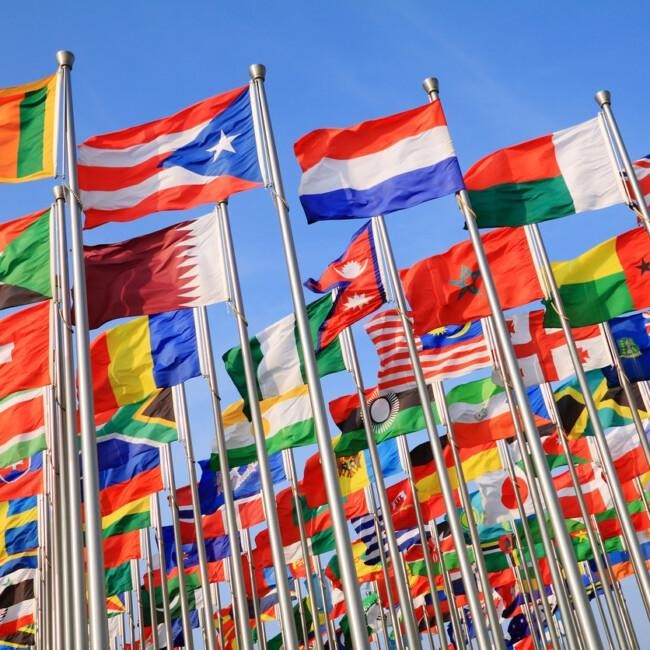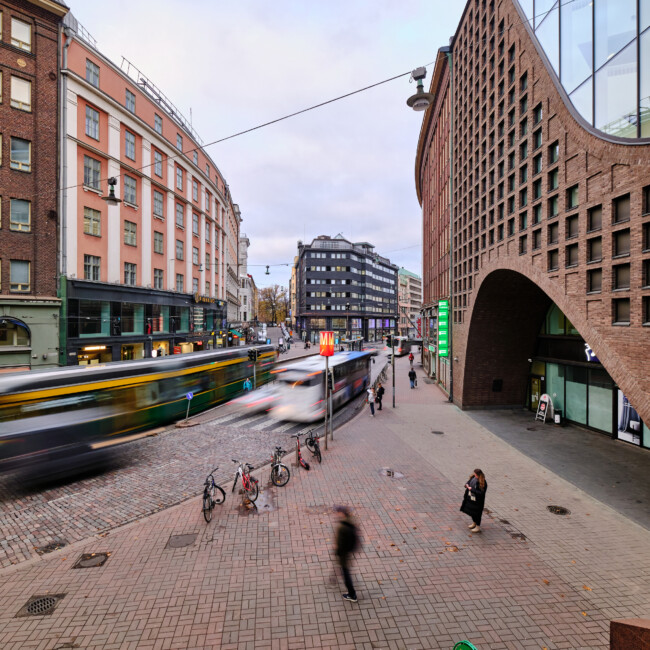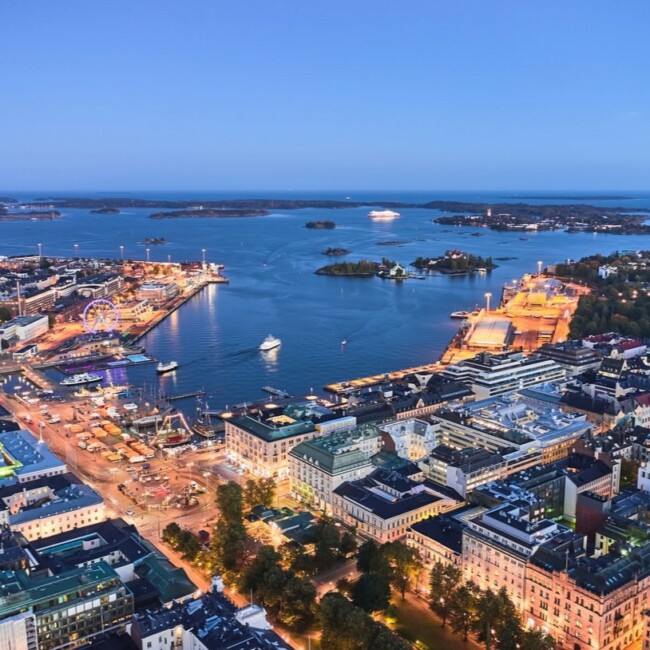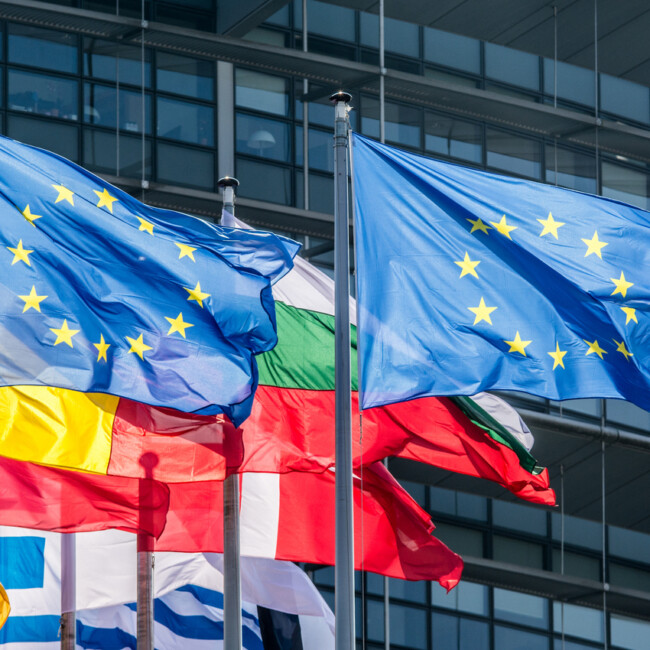
Projects
See more projectsThe mission of the Finnish Institute of International Affairs is to produce high-quality research and information for the scientific community and to support political decision-making and public debate. FIIA has four publication categories: FIIA Comment, FIIA Briefing Paper, FIIA Research Paper and FIIA Report. FIIA’s researchers also publish their work in peer-reviewed scientific journals and other publications.
FIIA’s research activities are conducted within the framework of four research programmes and three research centers. Additionally, two cross-cutting themes permeate all of FIIA’s research activities. Read more about these below.
FIIA Research
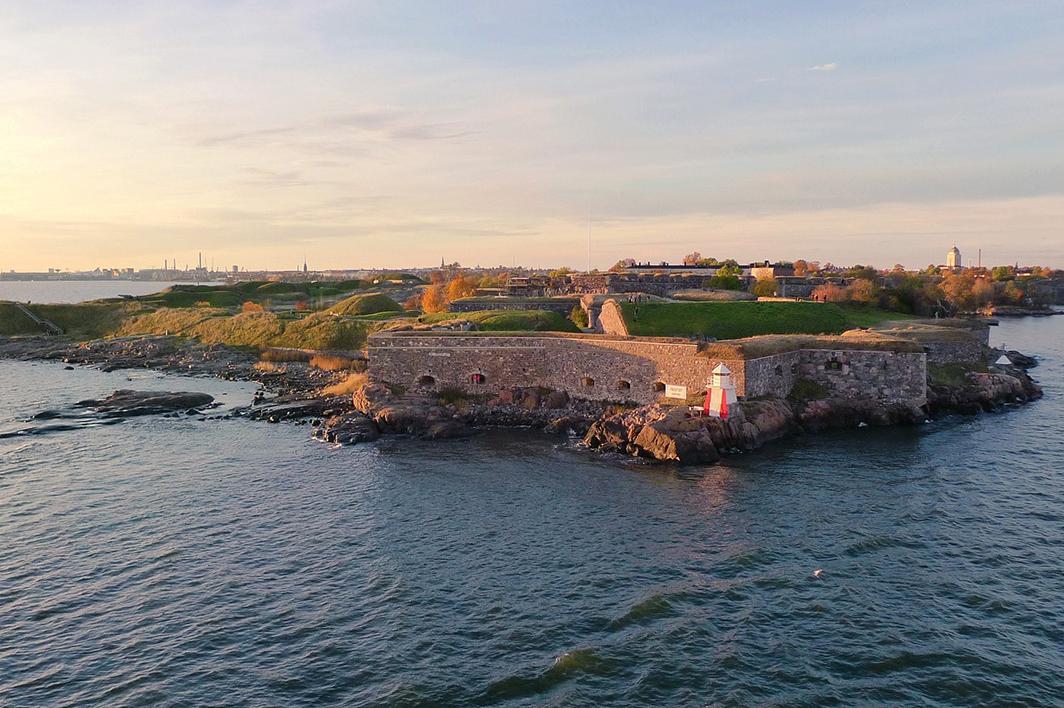
Finnish Foreign Policy, Northern European Security and NATO
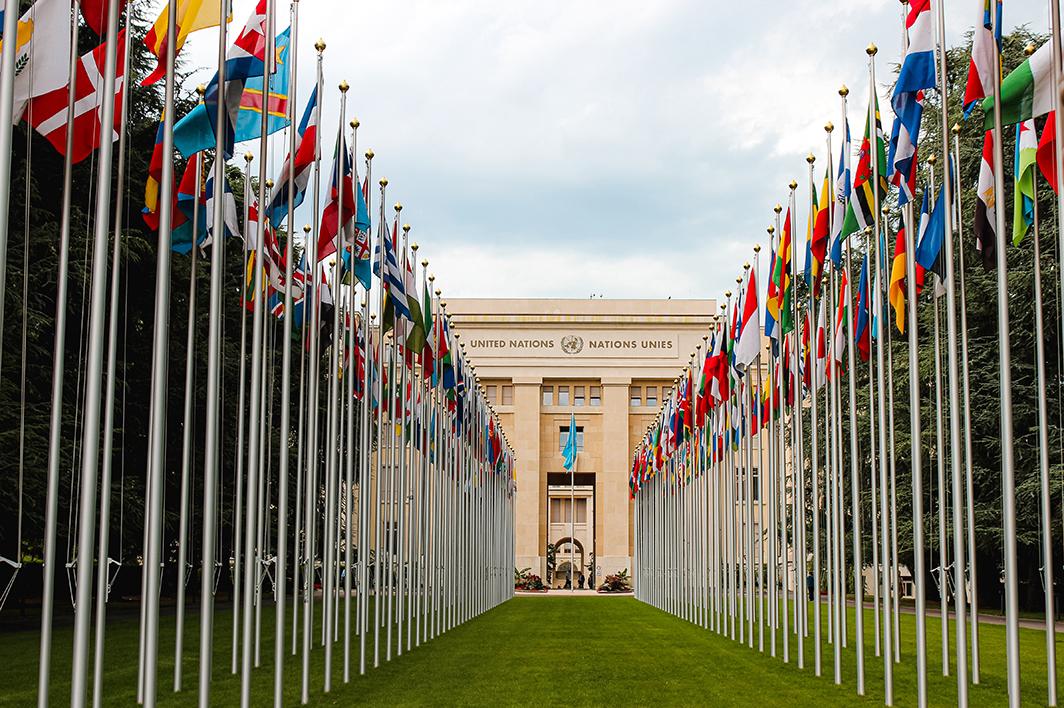
Global Security and Governance
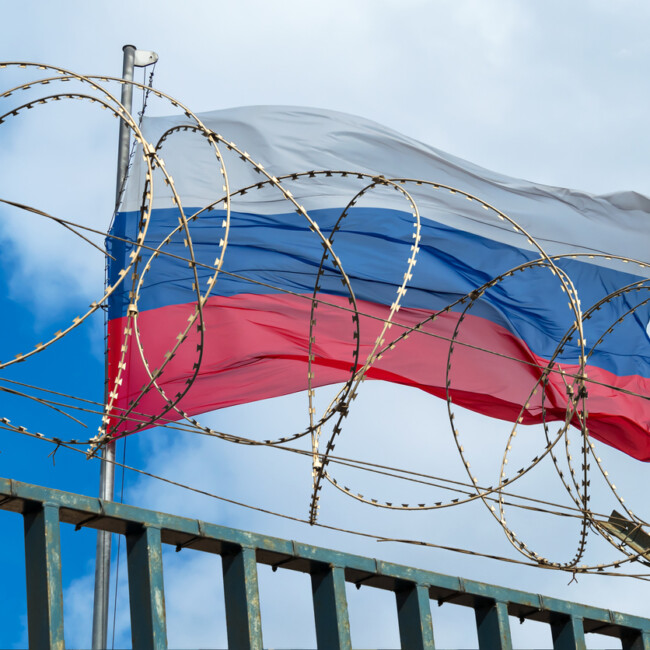
Russia, EU’s Eastern Neighbourhood and Eurasia
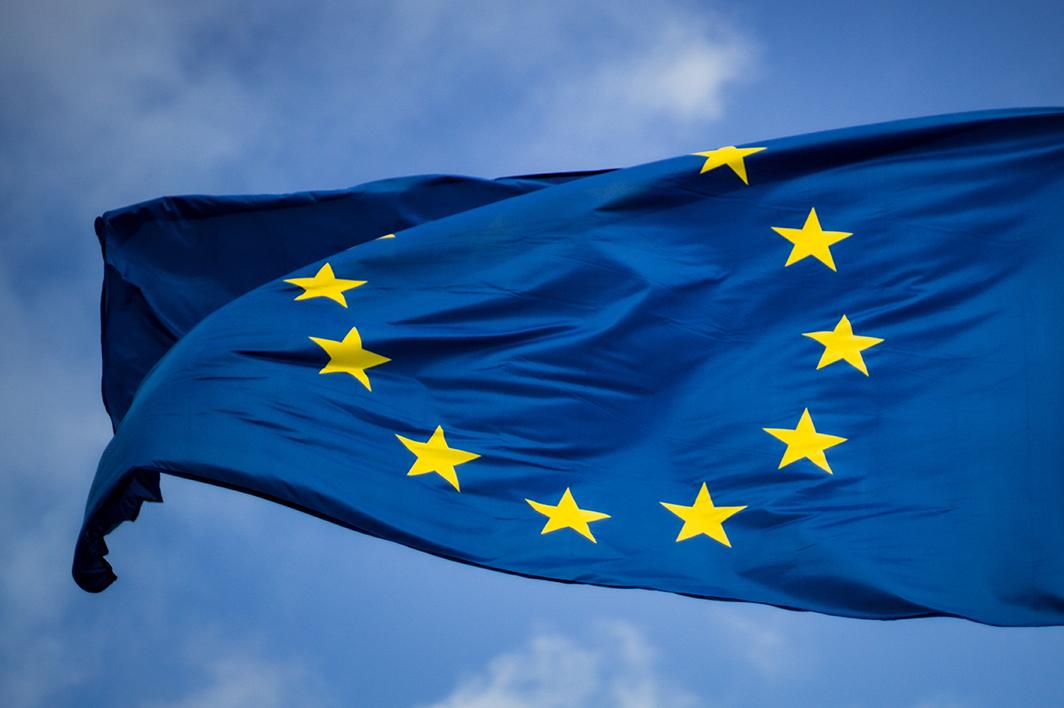
The European Union and Strategic Competition

Great power politics and foresight
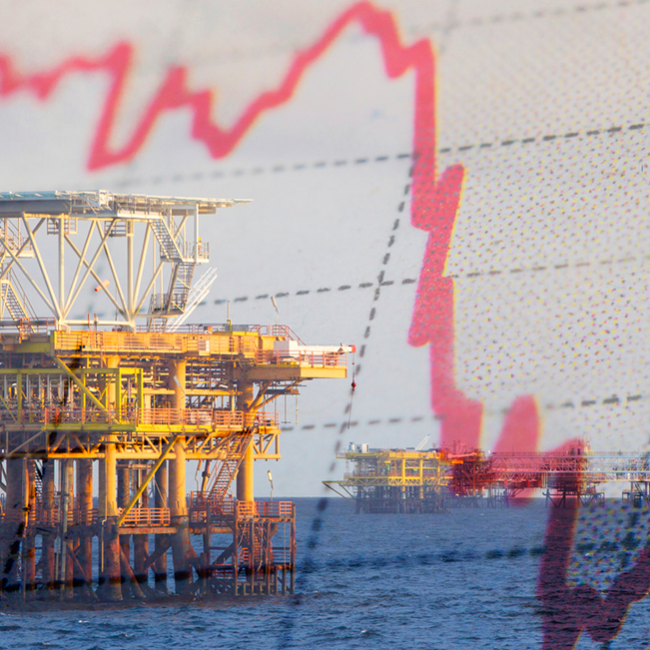
Geoeconomics
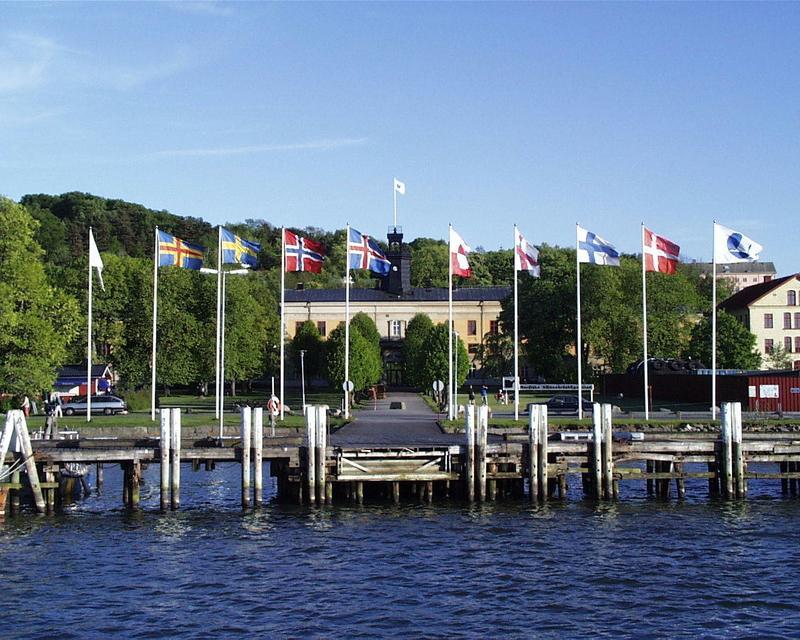
The Nordic Network

The Center on Climate Politics and Security
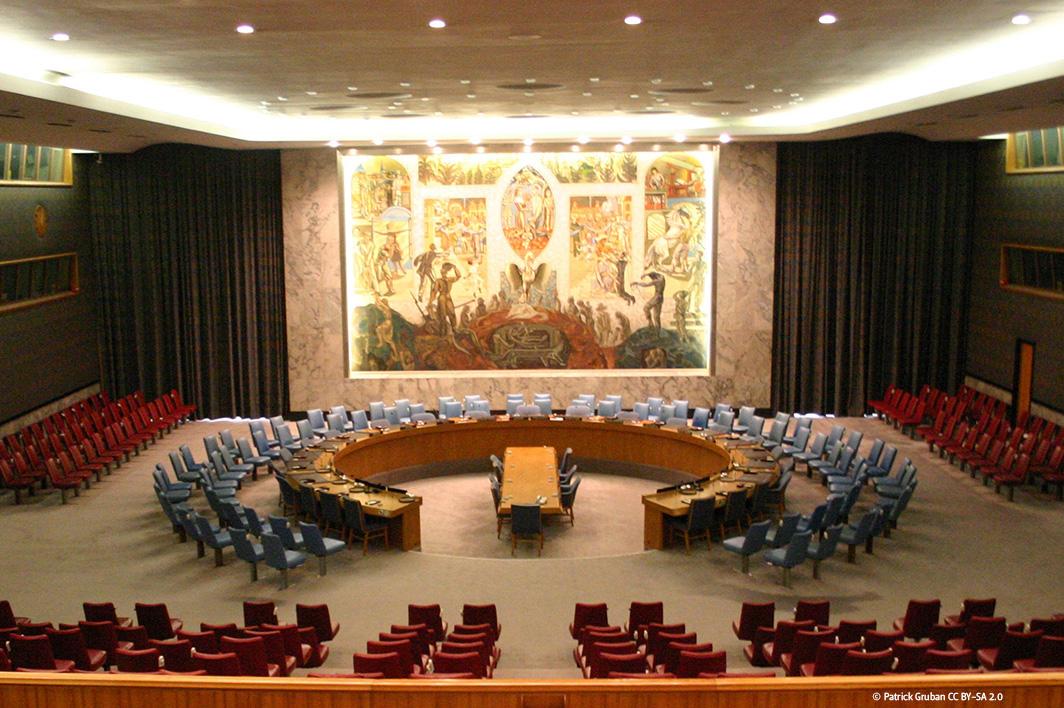
The Center on Global Orders and China
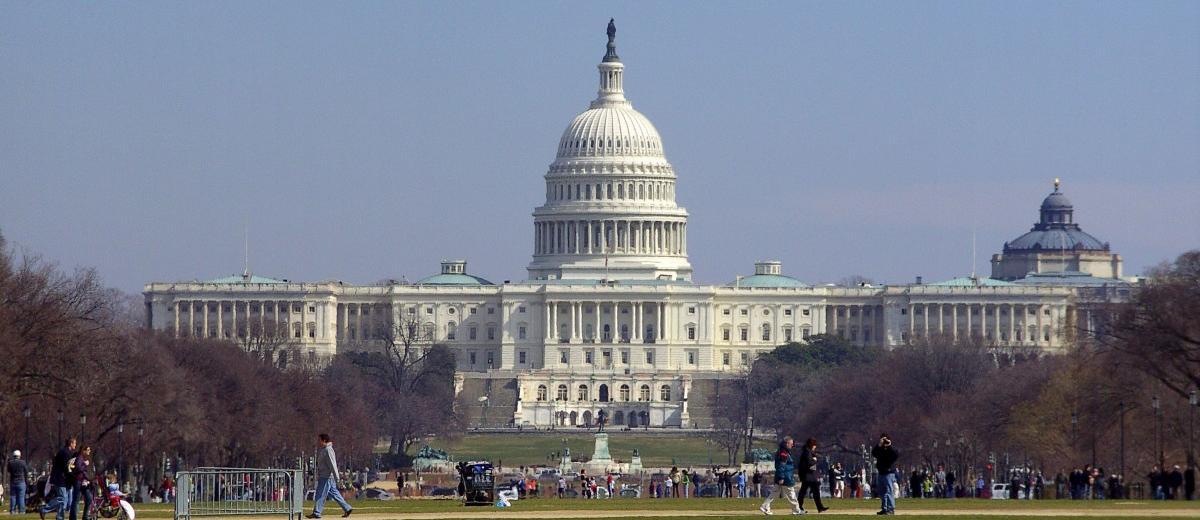
The Center on US Politics and Power
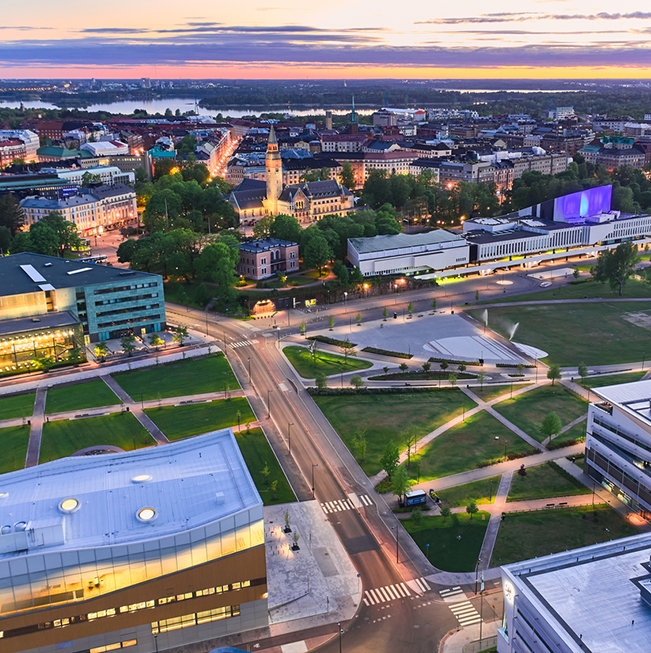
FIIA Comment
FIIA Comment is a concise take for the general public on a currently relevant topic in international affairs. All FIIA Comments are published in both English and Finnish.
FIIA Briefing Paper
FIIA Briefing Paper provides context and analysis on a specific topic in international affairs to support public discussion. FIIA Briefing Papers are based on previous research, and they are meant for the general public as well as experts in the field of international relations. FIIA Briefing Papers are published in English.
FIIA Research Paper
FIIA Research Paper is a theoretical article, based on conceptual analysis. FIIA Research Papers contribute to academic discussion, and they can be published either in English or Finnish.
FIIA Report
FIIA Report presents the end results of a longer academic research project. Its substance is usually policy-relevant, contributing to a discussion among experts, civil servants and academic community. Reports can be publishes either in English or Finnish.
While all FIIA publications are freely accessible, they may not be republished, in whole or in part, without prior written permission from the Institute.
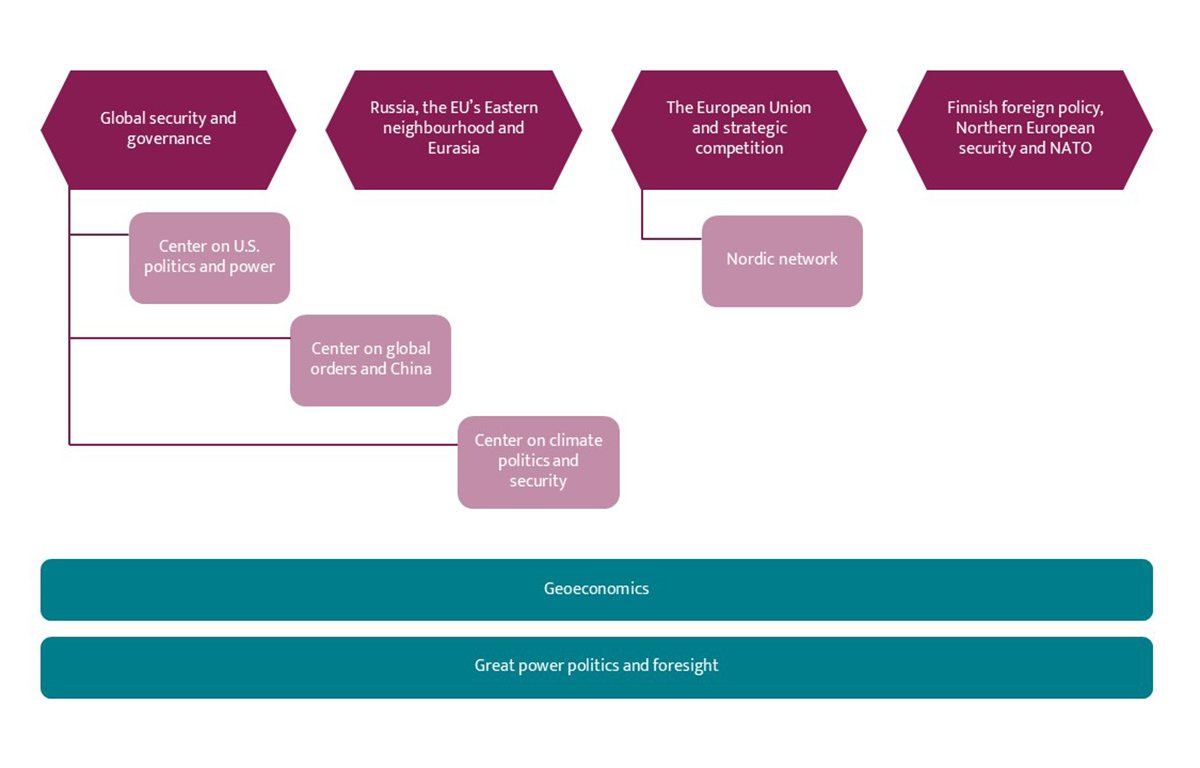
Completed projects
Check out FIIA’s completed research projects from 2003-2024.
Researchers
See the institute’s researchers and affiliated researchers in the researcher search.

